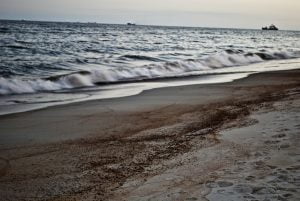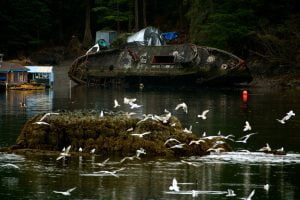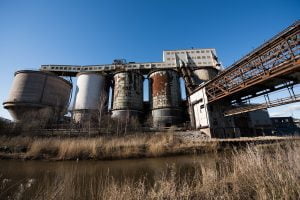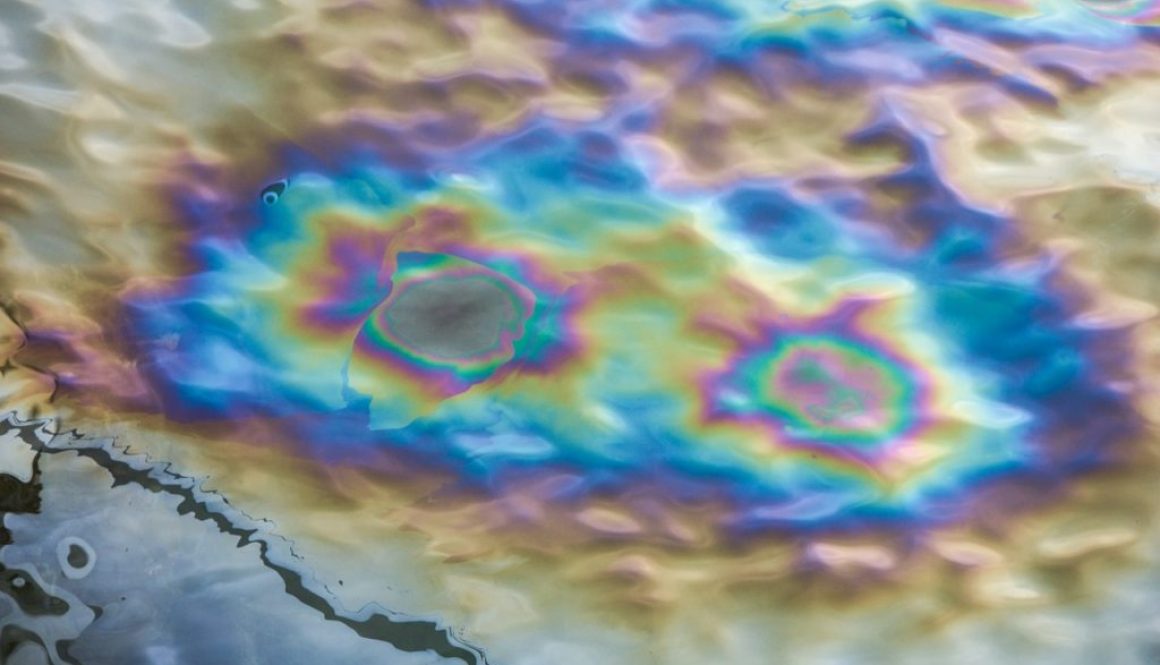Oil Spills and How They are Cleaned Up
In January and February 2022, there were reports of major oil spills in Peru and USA respectively which caused substantial environmental damage. This is not new; oil spills have been occurring multiple times during a year across the world and in various forms. However, it makes sense to dig deeper into the impacts of an oil spill and how it can be cleaned up by various means. Cleanup and recovery from an oil spill is difficult and depends upon many factors, including the type of oil spilled, the temperature of the water, and the types of shorelines and beaches involved.
What is an Oil Spill?

An oil spill is a form of pollution where liquid petroleum hydrocarbon is released into the environment, especially the marine ecosystem due to human activity or error. Oil spills may also occur on land; however marine oil spills where oil is released into the ocean or coastal waters is considered to have much more serious consequences. It may be caused by the release of crude oil from tankers, offshore structural steel platforms, drilling rigs and wells, as well as spills of refined petroleum products (such as gasoline, diesel) and their by-products.
Environmental Impact of Oil Spills

Oil spills penetrate into the plumage of birds and the fur of mammals, reducing its insulating ability, and making them more vulnerable to temperature fluctuations and reducing their buoyancy in water. Oil can impair a bird’s ability to fly, preventing it from foraging or escaping from predators. As they preen, birds may ingest the oil coating their feathers, irritating the digestive tract and thus altering liver functions. Oil spills can blind marine animals and the ingestion of oil causes dehydration and impairs the digestive process. The spillage of oil can also harm air quality as the chemicals in crude oil are mostly hydrocarbons that contains toxic chemicals such as benzenes, toluene etc. These chemicals can introduce adverse health effects when being inhaled into human body.
Cleaning Up of Oil Spills

Some of the response methods used for dealing with oil spillage in offshore waters are described below: –
- Skimming: This is a process that removes oil from the sea surface before it reaches sensitive areas along a coastline. Sometimes, two boats will tow a collection boom, allowing oil to concentrate within the boom, where it is then picked up by a “skimmer.” From whirring disks to floating drums, skimmers come in various designs but all basically work by removing the oil layer from the surface of the water.
- In Situ Burning: This is the process of burning spilled oil where it is on the ocean (“in situ” is Latin for “on site”). Similar to skimming, two boats will often tow a fire-retardant collection boom to concentrate enough oil to burn. Burning is sometimes also used in treating oiled marshes. The success of burning oil is dependent on gathering a layer of oil thick enough to maintain a sustained burn. Any burn operation includes careful air monitoring to ensure smoke or residue resulting from the burn do not adversely impact people or wildlife.
- Chemical Dispersants: Releasing chemical dispersants, usually from a small plane or a marine vessel, on an oil slick breaks down the oil into smaller droplets, allowing them to mix more easily into the water column. Smaller droplets of oil become more readily available to microbes that will eat them and break them down into less harmful compounds. However, using dispersants has its drawbacks, with potential adverse impacts to the marine life living in the water column and on the seafloor.
Conclusion

Over the decades, there has been immeasurable economic, environmental and social damages caused as a result of oil spills. While the effects of oil spills can be mitigated to an extent, it is clear that stiffer penalties need to be imposed on the culprits. With the growing awareness around ESG risks, oil spills are a real danger and steps must be taken to reduce, if not prevent, such incidents in the future!

